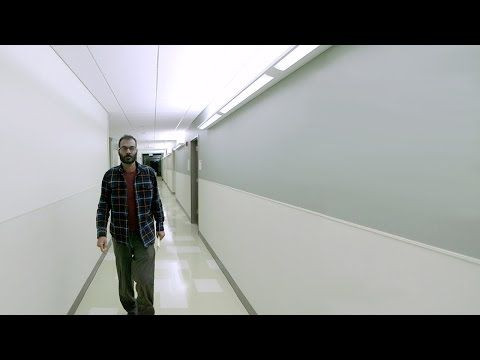Paul Kalanithi's Metastatic Cancer Brings Calm Relativity To A Fast-Paced Life Of Surgery

Life in the operating room for Paul Kalanithi, a neurosurgeon at Stanford University School of Medicine, was, in his words, arbitrary. “Two hours can feel like a minute. Once the final stitch is placed and the wound is dressed, normal time suddenly restarts,” he wrote recently. “You can almost hear an audible whoosh.”
Kalanithi no longer performs surgery. He received his diagnosis of metastatic lung cancer last year, at just 36 years old. With mostly empty days free to be spent playing with his infant daughter or counting the minutes until his next doctor’s appointment, the accelerating haste of life in neurosurgery has turned into a living relativity. Babies grow up so fast, he says. But his time is fluid and unchanging, which means the faster she grows up, the faster he reaches the end.
“Time for me is double-edged,” Kalanithi wrote. “Every day brings me further from the low of my last cancer relapse, but every day also brings me closer to the next cancer recurrence — and eventually, death.”
The way he sees it, he has two choices. He can treat the remaining fight as one to hurtle through, living life to the fullest, as the mantra goes. Or he can choose to amble along in a lower gear. His choice? “I plod, I ponder, some days I simply persist.”
In either case the future is unwritten, but certain. He doesn’t know if it will happen in two years or 10, as he noted last year in a New York Times op-ed, but it will happen. He will leave everything behind, including his daughter, who will likely grow up without any memory of him. But if he can pass along any piece of him, he says, it’s the knowledge of what she meant to him in his final moments. “In this time, right now, that is an enormous thing.”
Published by Medicaldaily.com



























